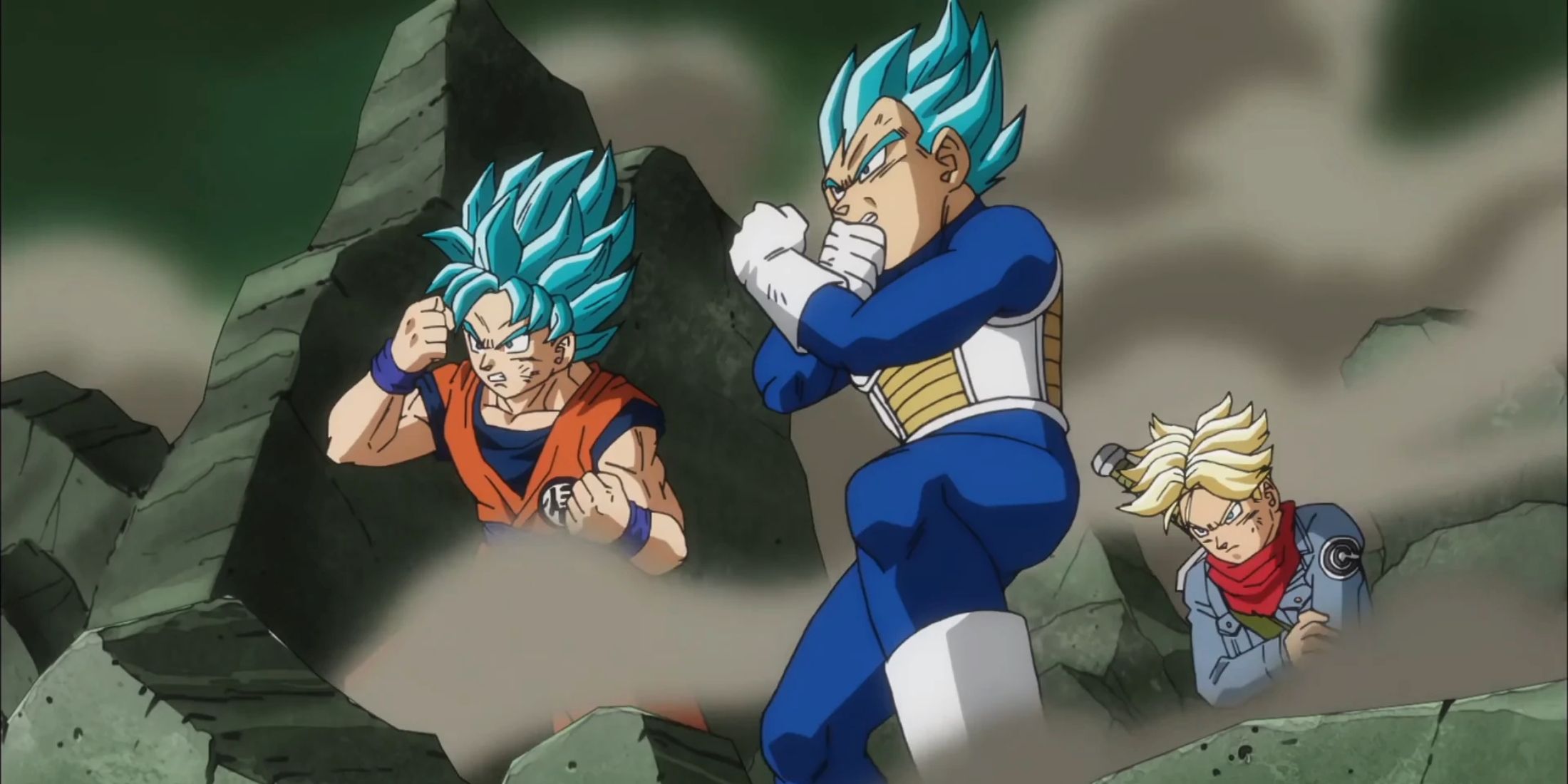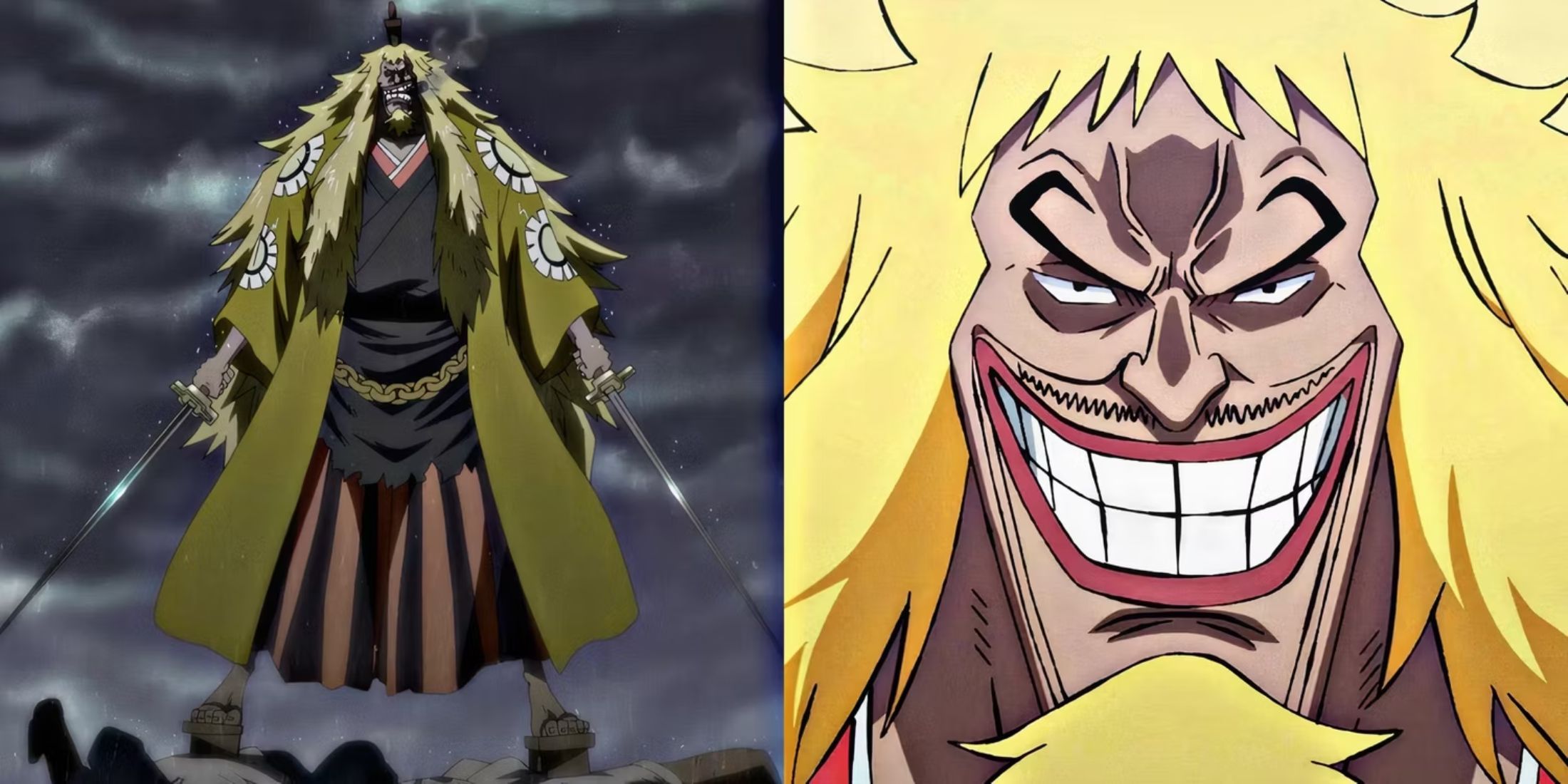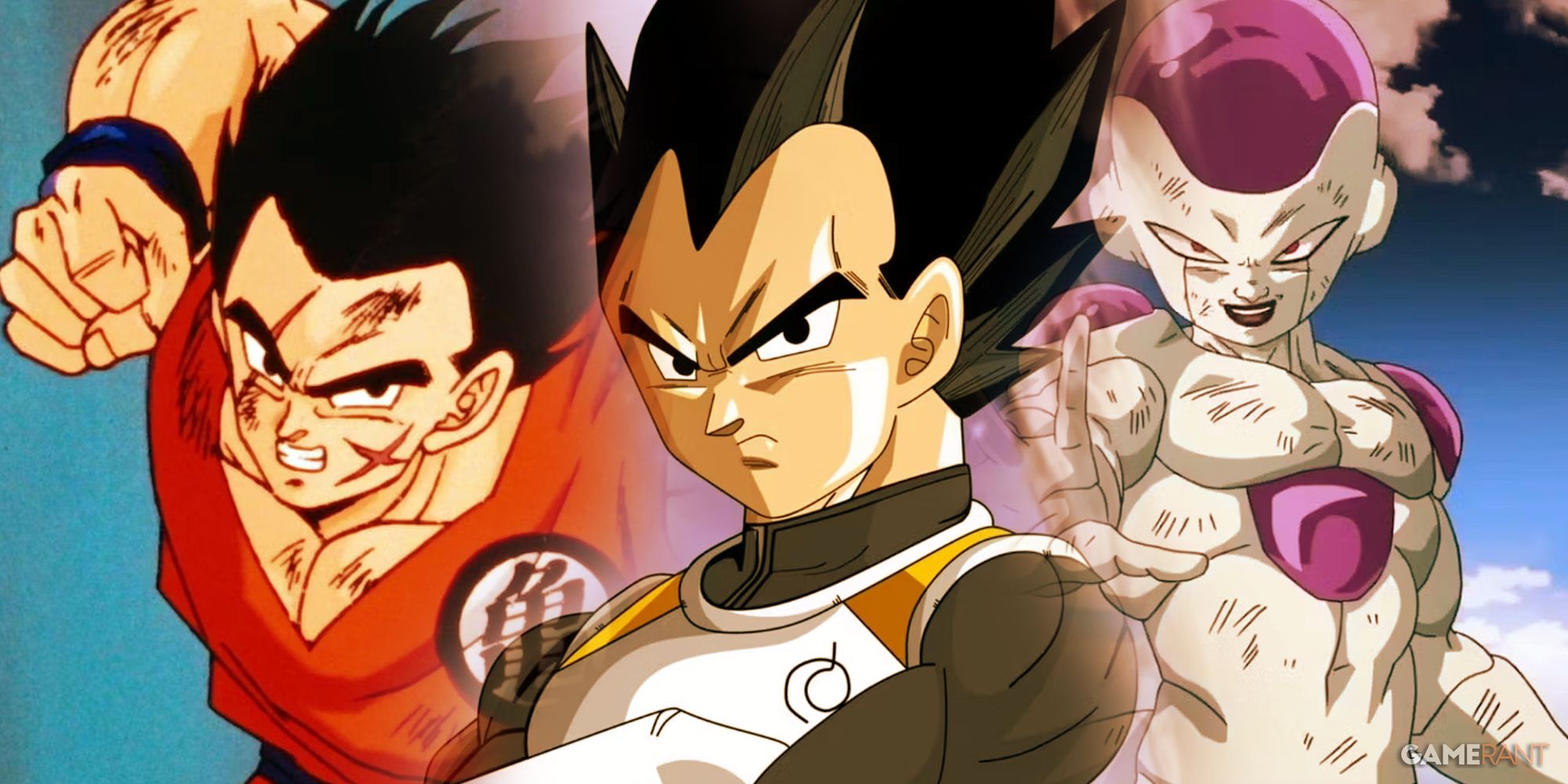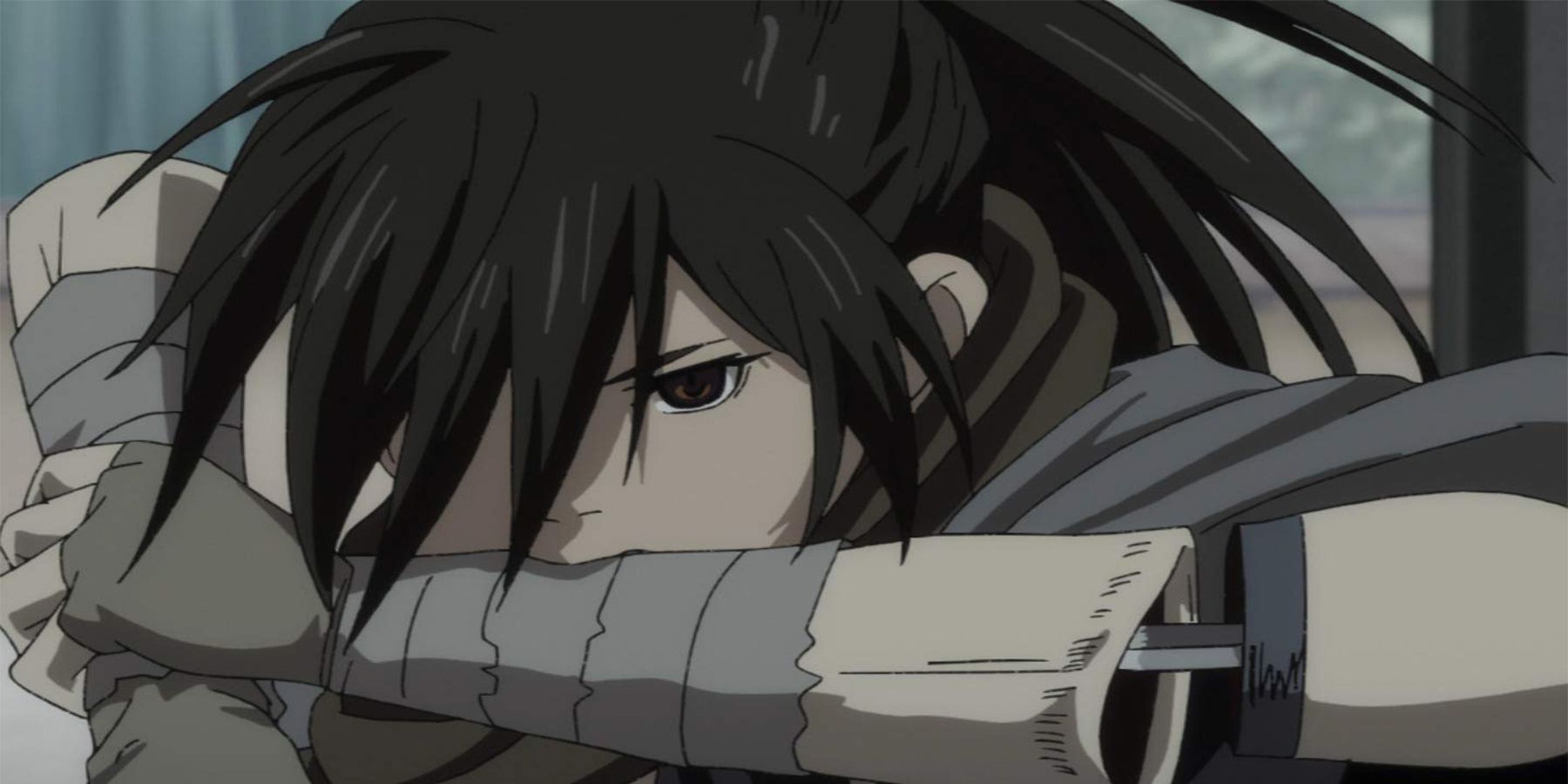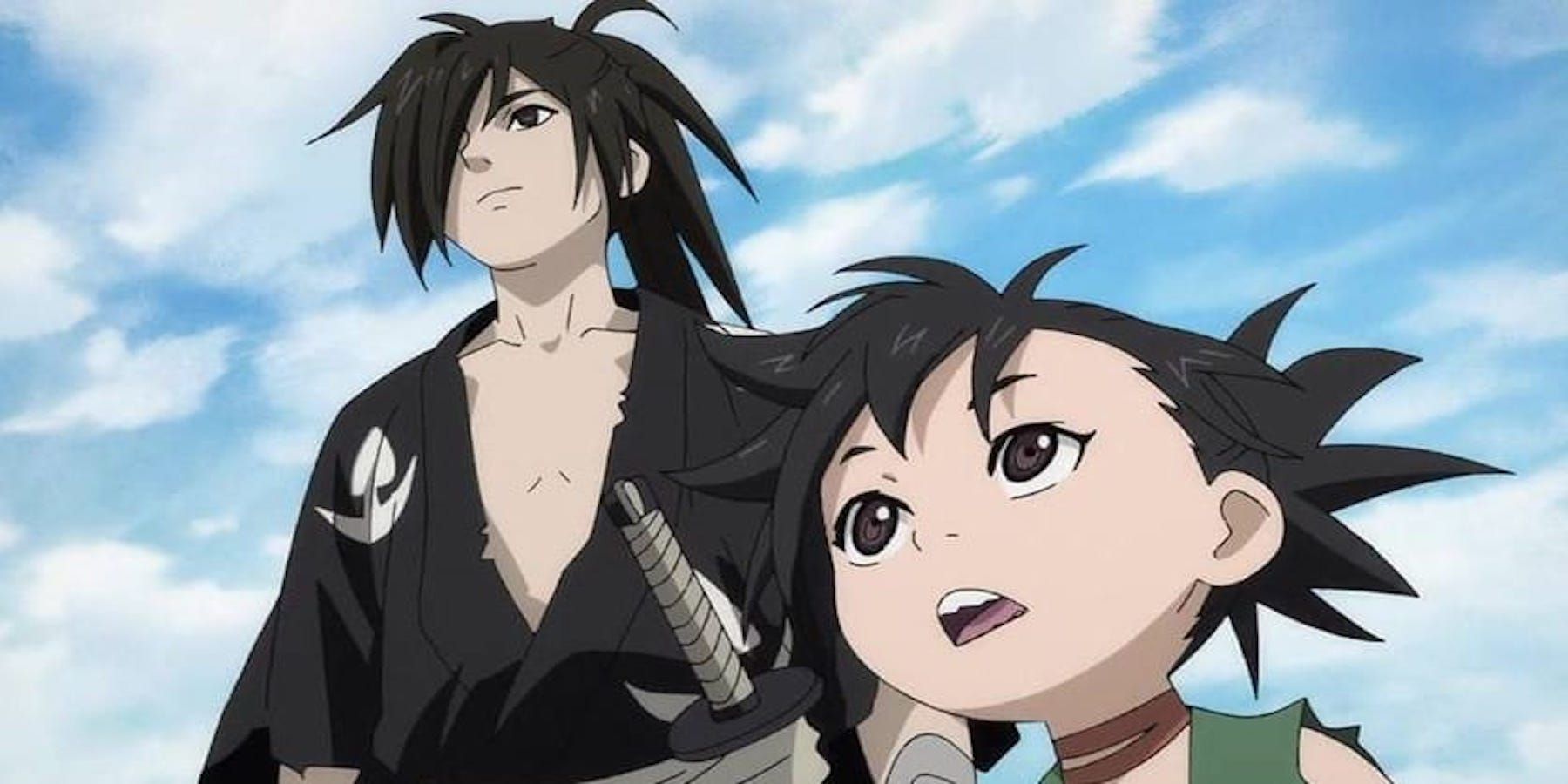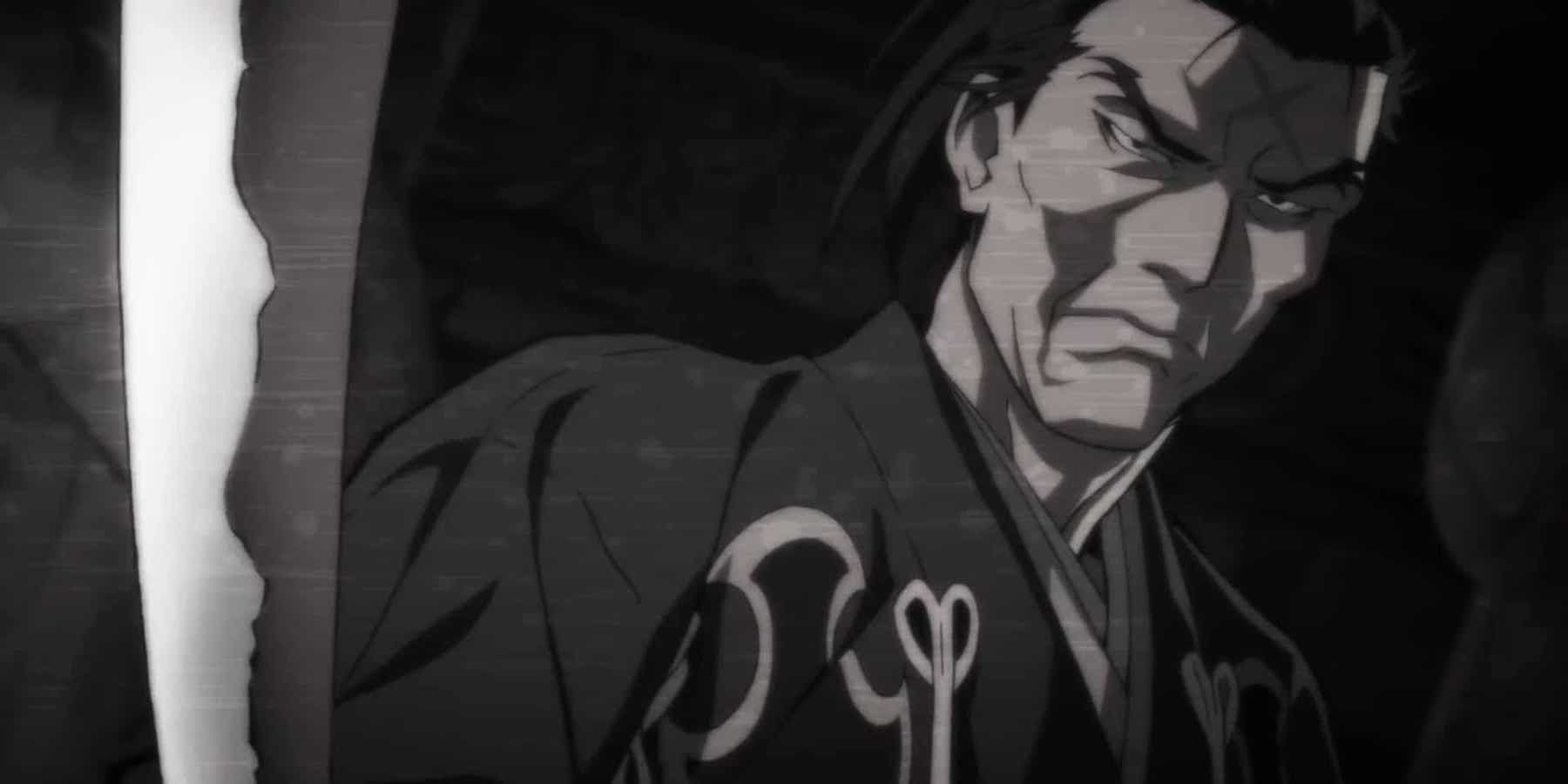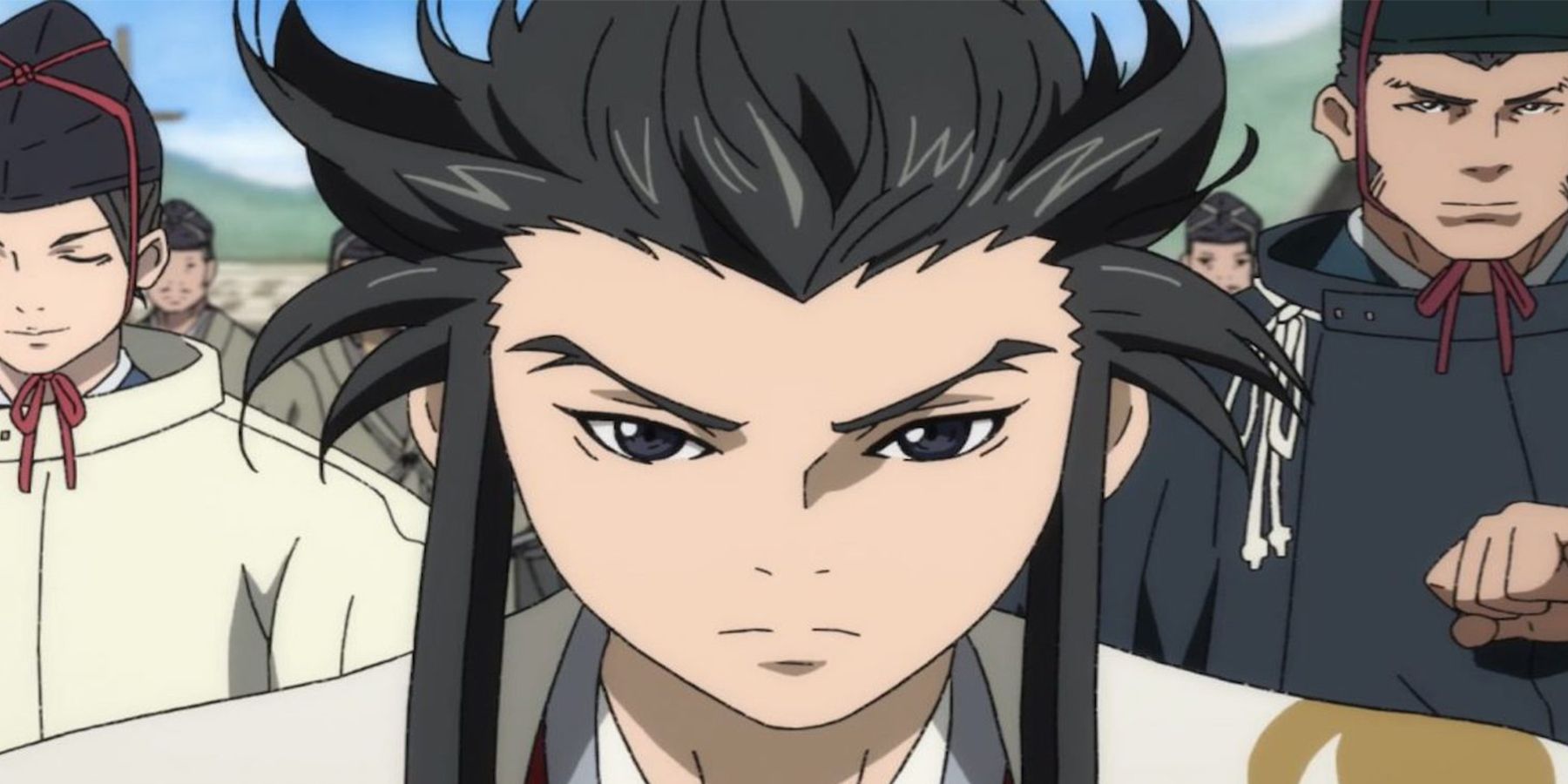Most history buffs and anime enthusiasts have heard the names, Oda Nobunaga, Toyotomi Hideyoshi, or even Sanada Yukimura at one point or another. These are a few of the samurai that contributed to what Japan is today. In anime and other pop culture portrayals, samurai were more often than not, always seen as honorable people, who protected the common folk from harm. But as they say, it's always the winners that write history.
Moreover, the shogunate had complete control over Japan for hundreds of years. So of course those in political power always want to be seen in a good light - and surely there were some that were good-hearted leaders, but they are not always with good intentions. There are two sides to every story; and in 1967, Astro Boy's Osamu Tezuka made sure of that. This article will be covering the 2019 adaptation.
Desperate Times Call For Desperate Measures
Dororo tells the story of a samurai lord, Kagemitsu Daigo, whose land is undergoing famine, droughts, and war - borderline apocalyptic. In desperation for his people and power, he makes a deal 12 demons (48 in the original manga), offering to give anything in return. The next day, his firstborn son is born without 12 parts of his body, implying that the demons accepted the deal. Prosperity returns to the land of Daigo and all is well - at the expense of the surrounding lands.
Sixteen years later, a young man, Hyakkimaru with prosthetic limbs befriends a child thief, Dororo who wanders throughout the land, stealing and scamming the rich in order to survive. It's not hard to guess why the former's body has so many modifications, given what happened prior. From then on, the two embark on a journey of slaying demons and retrieving Hyakkimaru's missing body parts.
The Muromachi Period
Dororo takes place when the shogunate were in full control of Japan's government, making it a militarized state. This meant that the emperor was merely a title and the Daimyo (lead samurai) were in charge. From the first episode, Dororo already establishes itself as somewhat dystopian in its physical setting. Most characters that the two protagonists encounter have been negatively affected by the samurai.
One character, Judai, who would become Hyakkimaru's surrogate father, once served under a samurai lord whose demands were that are needless cruelty - killing women and children alike. In his sorrow and guilt, he attempts suicide but because of his eventual survival, Judai dedicates himself to making prosthetics for those without limbs. One patient in particular was a child who lost his arm to a wandering samurai that decided to cut it off for sport.
Samurai are also shown burning down villages and slaying residents if they didn't abide to their demands. And at one point it's revealed in a flashback, that the "family" Dororo belonged to dedicated themselves to fighting off samurai and taking in those who have been wronged.
But most of all, it isn't just the individuals that are responsible for the misgivings of the public. The Muromachi period is a part of a much larger time period called, "The Warring States Era". This meant that even though Japan was a single country, it was still divided among the Daimyo, who were hungry for land and power.
One Of The "Good Ones"
Dororo isn't all black and white, though. While the injustices of the samurai should be acknowledged, there are still those with good intentions. Tahoumaru, Hyakkimaru's younger brother is the son of Daigo, essentially being royalty himself. He uses his power for the benefit of the people, and quells a threat from a yokai alongside the villagers. But even so, he is a heavily flawed character. The greater good and the lesser evil: those are the primary decisions those in power must abide by in times of conflict - and even those with the best of intentions can still fall into that grey area.
Hyakkimaru isn't without fault either. While the samurai have wronged him, the sacrifice of his body still saved his father's land. There are numerous casualties in his wake on his quest for completion - but there remains the underlying question: Do the needs of the many outweigh the needs of the few? What is more ethical? Is there even an ethical solution? Do the samurai have the right to seek forgiveness? Dororo succeeds in making the audience question everything they've learned. After all, the "heroes" that they have always known in literature aren't what they appeared to be.

